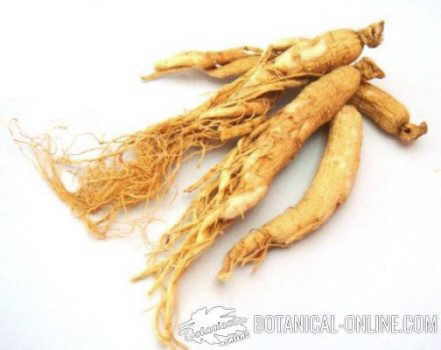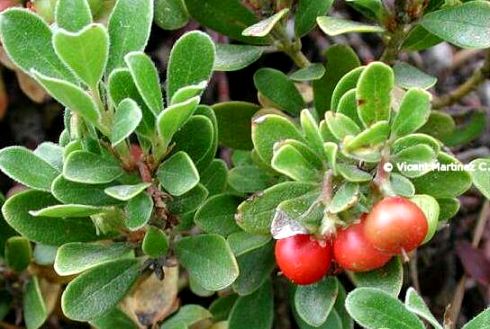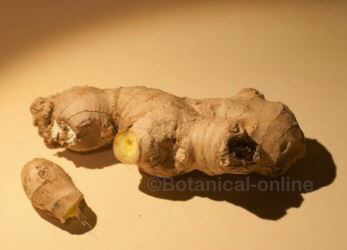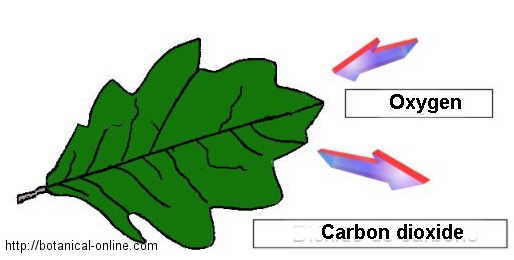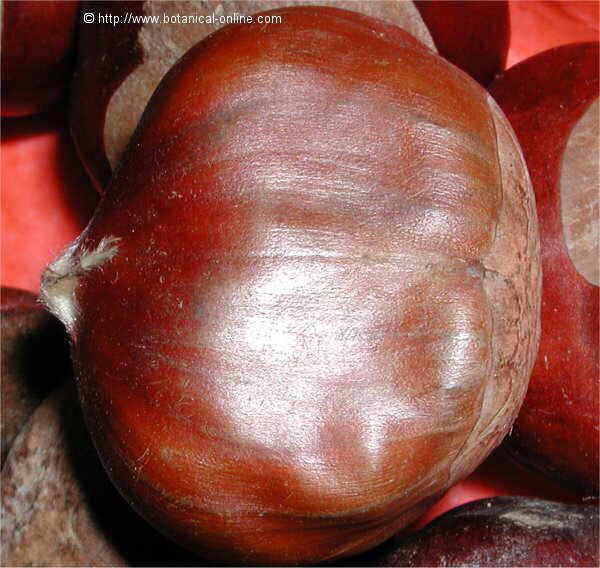Contents
Probiotic supplements for gastritis
What is Helicobacter pylori?

Helicobacter pylori is a bacterium. This bacterium causes damage to the stomach lining, predisposing to complications such as stomach and duodenal ulcers and increasing the risk of perforation and stomach cancer.
The treatment consists of the administration of antibiotic drugs. It is important that this treatment be accompanied by a proper diet.
The use of infusions and herbs can also be an excellent adjuvant to this treatment. Additionally, some professionals recommend the use of probiotics.
Probiotics after antibiotic treatment
The recommended medical treatment for H. pylori infection induces alterations in the intestinal flora or microbiota, which can produce gas, dysbiosis, abdominal bloating or increased infections (candidiasis, etc.).
Probiotics are healthy bacteria found in foods like yogurt or miso, but it is considered that the amount of bacteria present in foods cannot withstand stomach acids and do not reach the intestine, or not in sufficient quantities.
For this reason, it’s recommended to use a probiotic supplement that provides between 3 billion and 10 billion bacteria, preferably Bifidobacterium and Lactobacillus. (See: Tips for buying probiotics)
Why take probiotics after Helicobacter treatment?
Probiotic supplements help to cultivate good bacteria (See Is it recommended to take probiotics?), but they must be accompanied by a proper diet rich in fiber that promotes the growth of these bacteria (prebiotics), which feed on the products resulting from fiber fermentation.
In general, there’s no need to add any additional guidelines, as the stomach-friendly diet outlined on our website already promotes the growth of these bacteria (carrots, potatoes, apples, quince, etc. are excellent sources of prebiotic fiber).
![]() More information on remedies for gastritis
More information on remedies for gastritis

